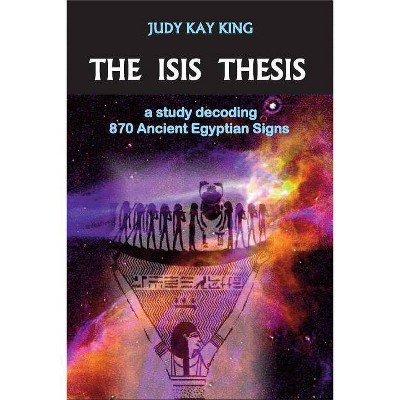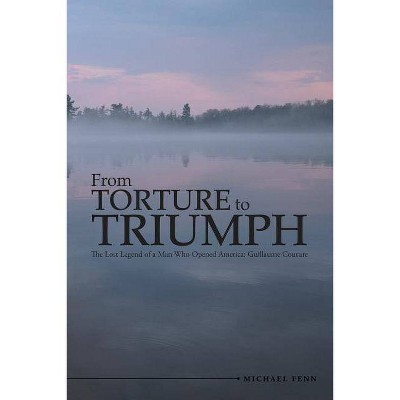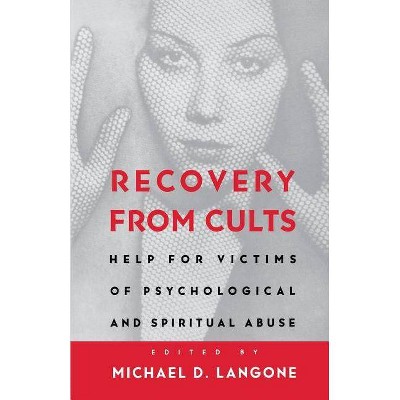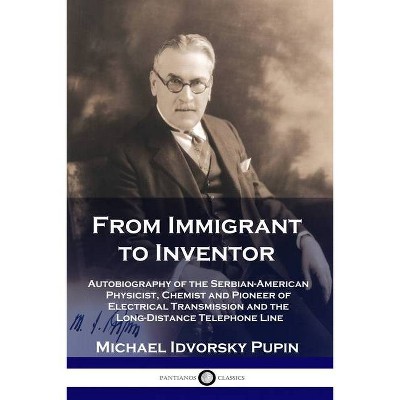From Topic to Thesis - by Michael Kibbe (Paperback)
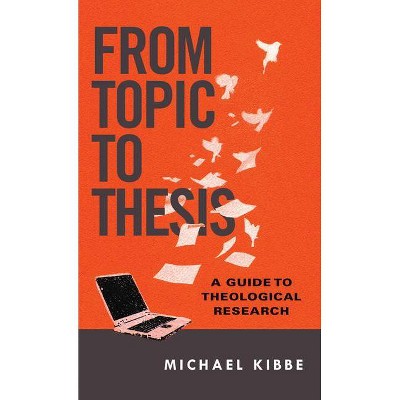
Similar Products
Products of same category from the store
AllProduct info
<p/><br></br><p><b> About the Book </b></p></br></br><p>Every theology student has to write a research paper, but many do not know how to go about doing theological research. In this brief guide, Michael Kibbe introduces students to the basics of academic research, including how to gather and engage different sources, use online databases and bibliography software, and avoid common mistakes.</p><p/><br></br><p><b> Book Synopsis </b></p></br></br><p>While courses in Bible and theology typically require research papers, particularly at the graduate level, very few include training in research. Professors have two options: use valuable class time to teach students as much as they can, or lower their standards with the understanding that students cannot be expected to complete tasks for which they have never been prepared. <em>From Topic to Thesis: A Guide to Theological Research</em> offers a third option. This affordable and accessible tool walks students through the process, focusing on five steps: finding direction, gathering sources, understanding issues, entering discussion and establishing a position. Its goal is to take students directly from a research <em>assignment</em> to a research <em>argument</em>--in other words, from topic to thesis.</p><p/><br></br><p><b> Review Quotes </b></p></br></br><br><p>As I have taught classes at both the undergraduate and graduate/seminary level one of the things that I have noticed that students struggle with most is academic writing. The struggle in writing is nearly universal among students. Kibbe's <em>From Topic to Thesis</em> is a very helpful tool that will help students through the beginning stages of the writing process, stages that are often ignored by students and under taught by faculty. . . . Kibbe's book will make a welcome addition to any and every student's library and would be a helpful required book at the beginning of both undergraduate and graduate theological degree programs.</p>--Daniel S. Diffey, Journal of Biblical and Theological Studies, Vol. 2, Issue 1<br><br><p>At 152 pages, this small book is packed full of practical help for those involved in theological research. Whether used by individuals or as the primary text for a theological research course, it will be a valuable resource to many and is written in a manner that makes it accessible within any cultural context.</p>--Nancy Whytock, Haddington House Journal 2017<br><br><p>Kibbe's <em>From Topic to Thesis</em> is a concise but complete course in the art and science of theological research and writing, complete with five sharply focused aims and objectives: find, gather, understand, enter into discussion, establish. Unlike assembly instructions for things like bookshelves, Kibbe's directions are easy to follow, providing everything one needs to know to write and sustain a theological thesis (except the theology). I said 'thesis' and not 'topic' because Kibbe encourages me not to confuse them (a topic is a subject area; a thesis is a specific claim about that area). This is only one of the many practical bits of wisdom readers will find herein.</p>--Kevin J. Vanhoozer, Trinity Evangelical Divinity School<br><br><p>Michael Kibbe provides students with a real gift: a handbook that is both theologically thoughtful and undeniably practical. His wisdom comes through concrete and useful counsel. Sensible students will follow his guidance.</p>--Kelly M. Kapic, Covenant College<br><br><p>Michael Kibbe's <em>From Topic to Thesis</em> offers an accessible, wise and eminently practical introduction to theological research, an introduction that will benefit undergraduate and seminary students alike. Students who follow Kibbe's five steps for assembling a theological research paper will receive a sure-handed guide to the development of a research argument. I enthusiastically commend this book to two audiences: students, who will write better papers when they use this book, and professors, who will enjoy reading better papers when they assign this book to their students.</p>--David J. Downs, Fuller Theological Seminary<br><br><p>Michael Kibbe's <i>From Topic to Thesis</i> stands out as the best tool available for the overwhelmed student currently in the throes of theological research. Its brevity and practical, sage advice make the book an instant classic and, quite frankly, reserves it a spot among the best works on how to <i>write</i> clear theology.</p>--Cory M. Marsh, The Master's Seminary Journal, Fall 2019<br><br><p>Michael Kibbe's compact guide delivers a lot of practical wisdom for those beginning to write theological research papers. Other guides can be so long that assigning them competes with the actual reading and writing you want students to undertake! By contrast, this one gets to the point and gives concrete examples without denying the mysteries of the research process.</p>--Daniel J. Treier, Wheaton College<br><br><p>Mike Kibbe's guide for writing research papers is an excellent resource for both college and graduate level students. Its compact size belies its wealth of helpful advice and information. The step-by-step instruction should give students confidence, while pointing out pitfalls and offering examples from the author's own experience. There are many time-saving suggestions that will make research and writing efficient without compromising integrity. And the tone is conversational, as if Kibbe is having a one-on-one conversation with the reader. This book is essential for students who write research papers . . . and for professors who want to <em>enjoy</em> reading what their students produce.</p>--Dennis Okholm, professor of theology, Azusa Pacific University<br><br><p>This is a short review for a very short book, but I don't want that to overshadow the fact that no book may be more important for the seminary student than Michael Kibbe's <em>From Topic to Thesis: A Guide to Theological Research</em>. This goldmine of an instruction manual, clocking in at 148 pages with the extra valuable appendices, provides step-by-step instructions for assembling a research paper.Finding, processing, and communicating information are the essential skills in theological research, Kibbe writes, but the process entails moving from identifying a set of information (topic) to making an argument (thesis). Kibbe not only tells the reader how to get there, he also provides clear examples and warns against common mistakes. And if the book couldn't offer more bang for the buck, Kibbe's six appendices introduce the reader to specific research tools, like databases and citation managers.</p>--S. Craig Sanders, Towers, April 2016<br><br><p>This small handbook is precisely what every beginning theology student needs to write a coherent, well-argued, properly researched essay. Mike Kibbe is not only a master teacher (his instructional style is evident throughout) but he is a master researcher (whose recent PhD demonstrates his fresh skills). Let Kibbe become your coach and encourager. If you do, you'll find guidance for how to organize that winning research project. You'll find lists of common errors that countless students make. But above all, you'll discover a gold mine of wisdom that I wish we could put into the hands of every student who sets out to write a paper.</p>--Gary M. Burge, Wheaton College<br>
Price History
Price Archive shows prices from various stores, lets you see history and find the cheapest. There is no actual sale on the website. For all support, inquiry and suggestion messagescommunication@pricearchive.us


